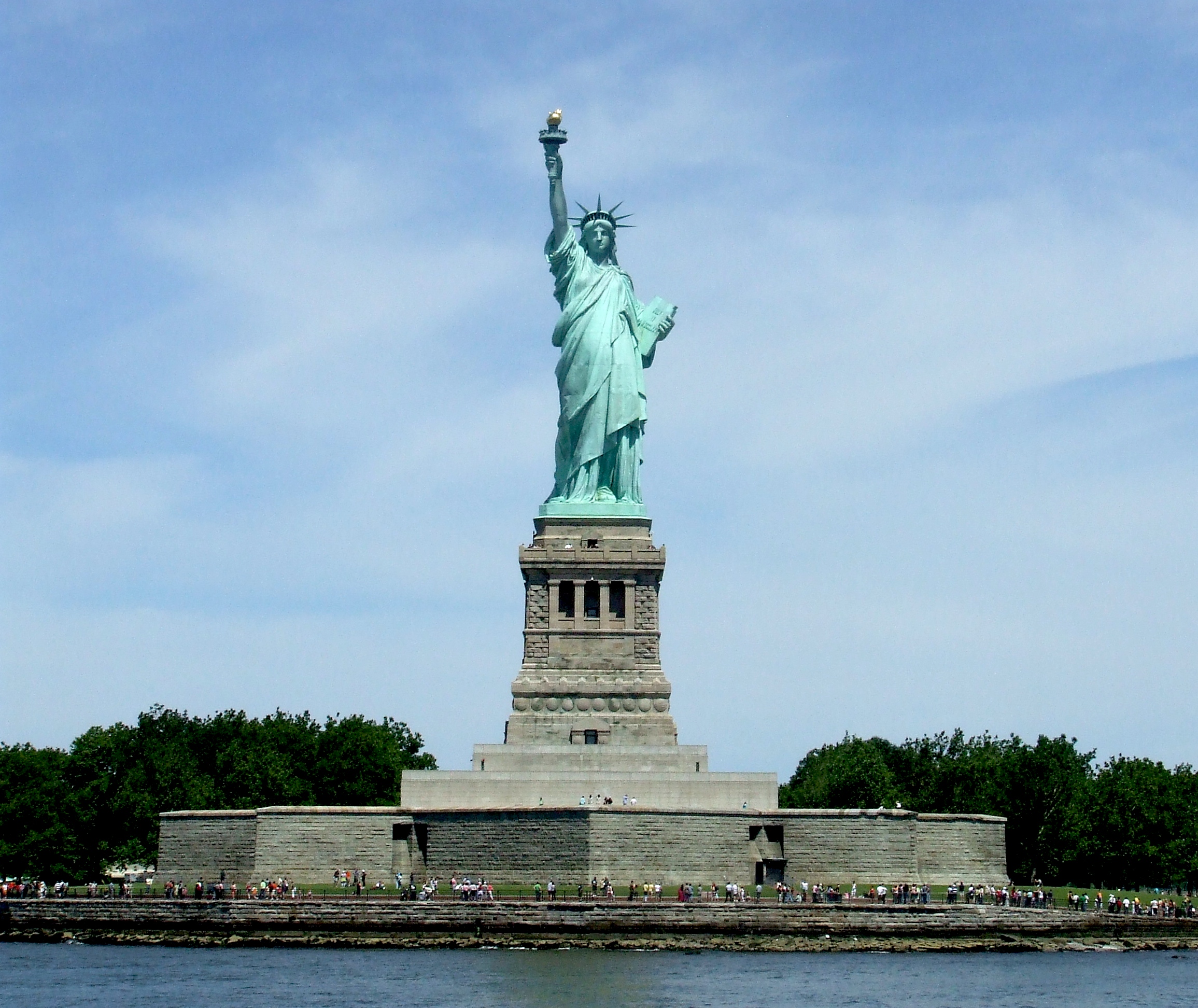
The “wealth test” was approved by the Supreme Court last week. The new ruling creates a wealth test for immigrants based on their age, health, education, income and other assets. If you do not appear to have enough financial stability, US immigration officials can use this information to deny applicants who are seeking to enter the US or who are applying for permanent residency on the grounds that the person is likely to become a public charge. This test means that immigrants who are already legally living in the US may have their status changed as a result of the new rule. It is projected that this ruling might impact 24 million Americans. A public charge is a person who receives government benefits. The President and the Republican Party have labelled the test as a move to protect tax payers.
What Will the Wealth Rule Change?
This new ruling is actually an expansion of a public charge rule that has been in place for over a 100 years in the US. The original rule states that immigrants that were likely to require government welfare should not be allowed to enter the US. The new ruling expanded this definition to include “non-cash” benefits like healthcare assistance or food aid. It has also raised the minimum salary for a family of 4 from $32,000 per year to $60,000. The policy also applies to anyone who has received welfare for 12 months in the past 36 months. The rule does not apply to refugees, asylum seekers or the victims of crimes who are aiding US officials. The rule also does not apply to: emergency medical assistance, school lunch subsidies, disaster relieve and healthcare for individuals under 21. Even with these exceptions, roughly 2/3 of the immigrants who qualified for US residency between 2012 and 2016 would not have qualified under the new rule. This rule will not apply to anyone who applied for residency before the 24th of February 2020.
What Have the Reactions to the New Wealth Rule Been?
The Democratic party and civil rights activist have condemned the new rule as it places vulnerable people (women, children and the elderly) at risk. They are also concerned that this will mean that low-income immigrant families will face deportation. The White House has praised the new ruling and the new emphasis on the self-sufficiency of individuals.
How Will the Wealth Test Impact the US?
The new rule is coming into affect as President Trump is seeking re-election in 2020. Since 2016, President Trump has been seeking to slow both legal and illegal immigration to the US through efforts like the US Southern Border Wall and limiting the number of refugees able to enter the US.
Critics of the rule are also worried about its impact on the US economy. A 2019 report from the Fiscal Policy Institute predicted that the new rule could potentially shrink the US economy by $24 billion annually with a predicted 164,000 jobs lost nationally. Additionally, it will have an impact on families with immigrant parents and US citizen children as it will discourage families from applying for needed aided.






